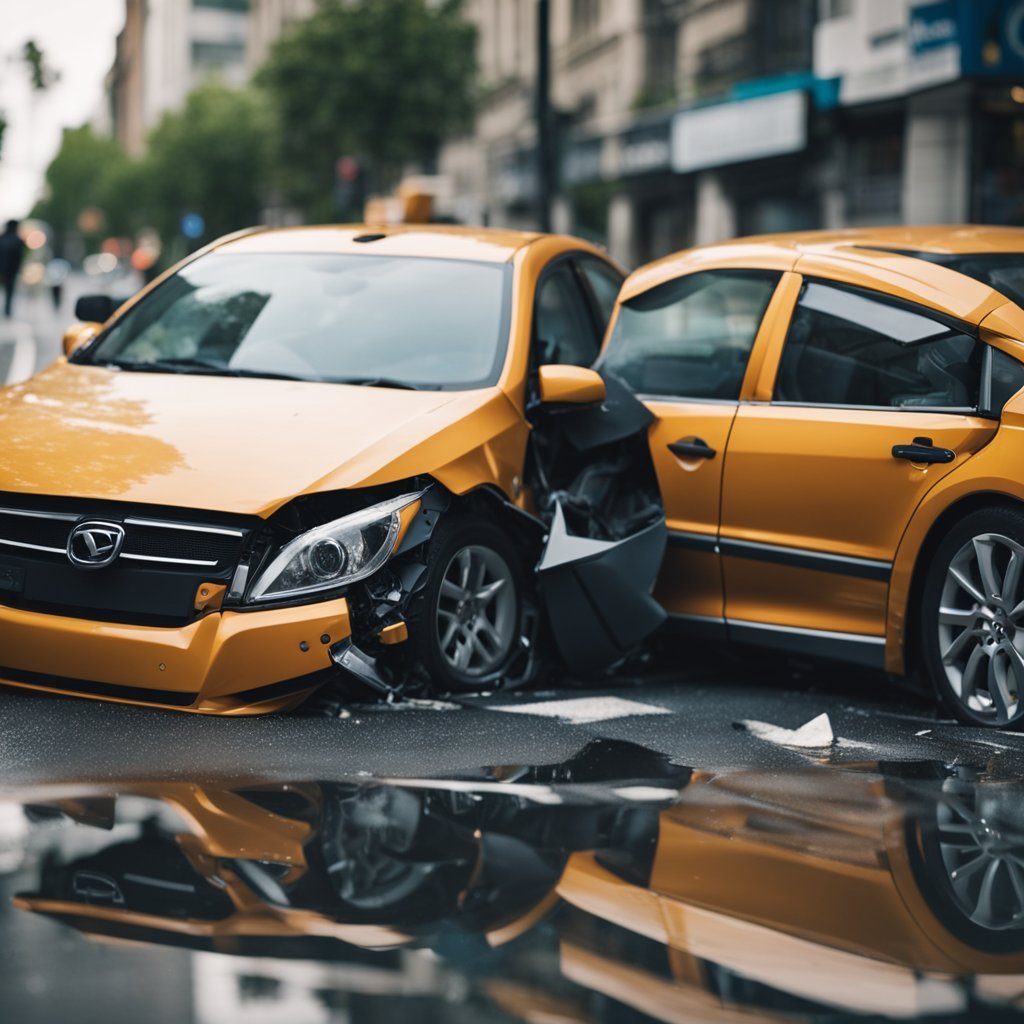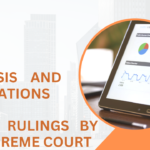Being in a car accident is stressful enough, but it’s even worse when you find out the other driver doesn’t have insurance. Dealing with injuries, car repairs, and medical bills is difficult when the at-fault driver has no coverage. Here’s what you need to do if you’re the victim of an accident caused by an uninsured motorist.
Thank you for reading this post, don't forget to subscribe!What To Do At The Scene
If you’ve been hit by an uninsured driver, the first thing to do is make sure everyone is ok. Check on the other driver and passengers, and call 911 if medical assistance is needed. Even if injuries seem minor, get medical attention – symptoms of whiplash or other issues can show up hours later.
While waiting for first responders, document everything you can about the accident:
- Take photos of damage, injuries, license plates, and the whole scene
- Get contact info for the other driver and any passengers or witnesses
- Note weather and traffic conditions
- Draw a diagram of what happened while it’s fresh in your mind
When the police arrive, cooperate fully to get an official report documenting that the other driver was uninsured. This proof will be critical later.
File A Claim With Your Insurer
Next, report the accident to your insurer. Provide details, dates, the police report, and any evidence you gathered. This starts the claims process to get your repairs covered and medical bills paid.
Cooperate fully with your adjuster’s investigation. You may need to give a recorded statement about what happened. Be honest and stick to just the facts. Adjusters need to confirm damages and that the other driver was truly uninsured.
If you have uninsured motorist coverage, your insurer will pay for injuries and damages, then subrogate against the at-fault driver. If you lack this coverage, unfortunately you must bear the costs or take the driver to court.
Consider Legal Action
Suing an uninsured driver allows you to be compensated if you lack uninsured motorist coverage. Winning a lawsuit gets a judgment against them that you can collect through wage garnishment or liquidating assets.
The downside is that many uninsured drivers are also judgement-proof – they lack enough income or assets to make collection worthwhile. So carefully weigh the time and legal costs against their ability to pay.
Your attorney can investigate the driver’s finances to determine if filing suit makes sense. It may be wiser to focus on negotiating with your insurer for the best possible settlement.
What Compensation Is Available?
If you successfully sue an uninsured driver or get a settlement or judgment against them, the types of compensation available include:
- Medical expenses – Bills for hospitalization, doctor visits, prescription medication, surgery, physical therapy, and more related to accident injuries.
- Lost wages – If injuries prevent you from working, lost income can be recouped.
- Pain and suffering – You can be compensated for physical and emotional trauma from the accident.
- Property damage – Repairs or replacement cost for your vehicle or other damaged property.
- Wrongful death damages – Families of deceased accident victims can recover funeral costs and loss of companionship or income support.
Pinning down exact values requires extensive documentation, negotiation skills, and legal help.
Watch For Bad Faith Maneuvers
Since uninsured drivers often try to avoid responsibility, be alert for suspicious behavior:
- Claiming false insurance – Get documentation to prove coverage is invalid or lapsed.
- Quick settlement offers – Don’t be pressured into accepting less than you deserve. Consult an attorney.
- Skipping town – Uninsured drivers may flee the area to avoid prosecution or a lawsuit. Act quickly.
- Hiding assets – Making funds or property intentionally hard to find or access.
Your attorney has methods to deal with bad faith tactics, such as:
- Subpoenas to reveal hidden assets
- Court orders preventing asset transfers
- Bank levies to seize available funds
- Debtor examinations under oath
With persistence and proper legal advice, there are ways to recover losses even from drivers acting in bad faith. Don’t settle for less than fair compensation.
FAQ About Accidents With Uninsured Drivers
Do I have to report a minor accident if the other driver was uninsured?
Yes, you should report even a minor accident to police to create an official record, especially if there are no injuries. This establishes proof the other driver was at fault and uninsured.
Can my rates go up after an accident with an uninsured driver?
Usually not, since this type of accident is not considered your fault. However, if you make a claim on your policy, your insurer may raise rates at renewal time. Shopping around can find better deals.
What if I only have liability coverage, not uninsured motorist coverage?
Without uninsured motorist coverage, you would have to pay for repairs and medical bills out of pocket, or file a claim directly against the at-fault driver’s assets to get compensated.
How long will a claim take if the other driver has no insurance?
It depends on many factors, but typically will take several weeks to months. A lawsuit against the driver could extend the process to a year or more.
Can I get a rental car if my vehicle needs repairs after an accident with an uninsured driver?
If you have rental reimbursement coverage, your insurer will pay for a rental for you during repairs. Otherwise, you would need to pay rental costs out of pocket.
In The End
Getting into a car accident is bad enough; finding out the other driver has no insurance can be infuriating and stressful. However, by taking the right steps – filing a police report, documenting evidence, contacting your insurer, and exploring legal options – you can maximize your chances of recovering damages and getting the compensation you deserve. With patience and persistence, you can achieve a fair outcome, even when the at-fault driver fails to carry proper insurance.










